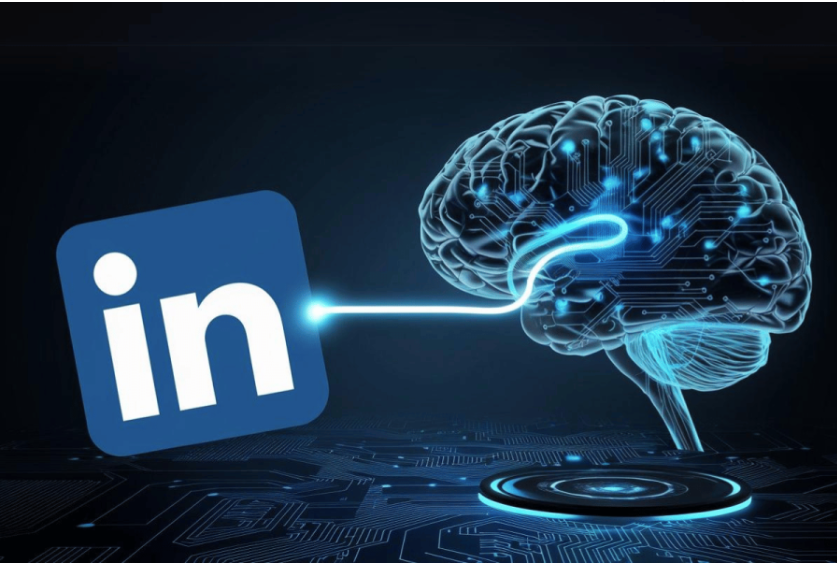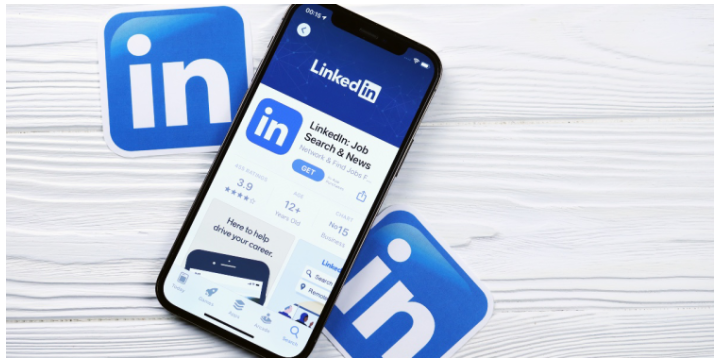 LinkedIn, the world’s largest professional networking platform, has announced that it is leveraging personal data from its users to train its generative AI models. This move is part of the company’s broader push toward incorporating advanced AI technologies into its platform to enhance user experience, streamline operations, and provide more personalized features. However, the decision has sparked concerns among users and privacy advocates regarding data protection and the ethical use of personal information.
LinkedIn, the world’s largest professional networking platform, has announced that it is leveraging personal data from its users to train its generative AI models. This move is part of the company’s broader push toward incorporating advanced AI technologies into its platform to enhance user experience, streamline operations, and provide more personalized features. However, the decision has sparked concerns among users and privacy advocates regarding data protection and the ethical use of personal information.
Generative AI, which uses machine learning algorithms to generate new content based on existing data, has become increasingly central to LinkedIn’s strategy. By tapping into the vast amounts of professional information shared by its 900 million users, LinkedIn aims to improve its AI capabilities in areas such as job matching, skills recommendations, and content creation for business professionals. AI-powered tools like automated resume building, profile enhancements, and personalized career insights are just a few examples of how LinkedIn plans to use this technology to benefit its users.
In an official statement, LinkedIn assured its user base that privacy and data security remain a top priority, emphasizing that personal data is anonymized and aggregated before being used in training its AI models. The company also highlighted its compliance with global data protection regulations such as GDPR (General Data Protection Regulation) in Europe, and similar privacy frameworks in other regions.
LinkedIn’s decision aligns with broader trends in the tech industry, where companies like OpenAI, Google, and Meta are also utilizing user data to refine their AI systems. LinkedIn asserts that by training AI models on this wealth of professional data, it can offer users more intelligent, context-aware features that help them grow their networks, advance their careers, and engage with industry-relevant content more effectively.
Despite LinkedIn’s reassurances, the announcement has prompted criticism from privacy advocates and users concerned about the extent to which their personal and professional data is being used without explicit consent. While LinkedIn allows users to control some aspects of their data sharing through privacy settings, the use of personal data to train generative AI models is not something many were fully aware of.
 Critics argue that users should be given more control over how their data is utilized, particularly when it comes to advanced AI technologies. Some are concerned that, although the data may be anonymized, AI models trained on user profiles and interactions could still indirectly expose sensitive information or lead to unintended consequences such as bias in job recommendations or career advice.
Critics argue that users should be given more control over how their data is utilized, particularly when it comes to advanced AI technologies. Some are concerned that, although the data may be anonymized, AI models trained on user profiles and interactions could still indirectly expose sensitive information or lead to unintended consequences such as bias in job recommendations or career advice.
In response to these concerns, LinkedIn has emphasized its transparency and commitment to building ethical AI systems. The platform has rolled out updated privacy policies and detailed guidelines on how data is used, aiming to ensure users are informed and comfortable with the ways their data is leveraged.
As LinkedIn continues to integrate AI into its platform, this shift marks a turning point in how generative AI will influence the professional landscape. AI-driven tools have the potential to revolutionize how professionals interact, find jobs, and build networks, but they also raise important questions about data ethics and user control.
For LinkedIn, the challenge lies in balancing innovation with user trust. As AI technologies continue to evolve, the platform will need to maintain clear communication with users, ensuring that they are not only benefiting from new features but also feel secure in how their personal information is being handled.
In the coming months, LinkedIn is expected to expand its AI capabilities even further, promising smarter job suggestions, enhanced networking features, and more dynamic content tailored to individual career paths. Whether this will lead to greater user satisfaction or fuel more debates about privacy remains to be seen, but LinkedIn’s move signals that the future of professional networking will be deeply intertwined with AI.
Ennywealth


